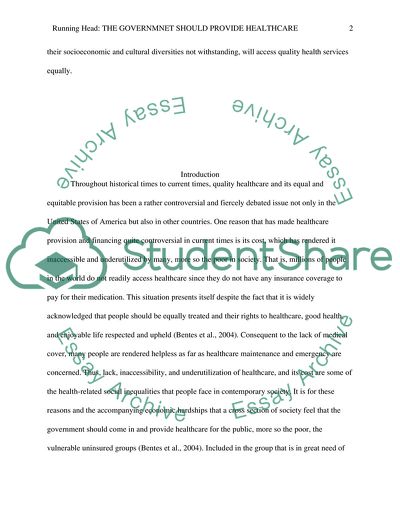Cite this document
(Should the Government Provide Healthcare Research Paper, n.d.)
Should the Government Provide Healthcare Research Paper. Retrieved from https://studentshare.org/politics/1781993-should-the-government-provide-healthcare
Should the Government Provide Healthcare Research Paper. Retrieved from https://studentshare.org/politics/1781993-should-the-government-provide-healthcare
(Should the Government Provide Healthcare Research Paper)
Should the Government Provide Healthcare Research Paper. https://studentshare.org/politics/1781993-should-the-government-provide-healthcare.
Should the Government Provide Healthcare Research Paper. https://studentshare.org/politics/1781993-should-the-government-provide-healthcare.
“Should the Government Provide Healthcare Research Paper”, n.d. https://studentshare.org/politics/1781993-should-the-government-provide-healthcare.


